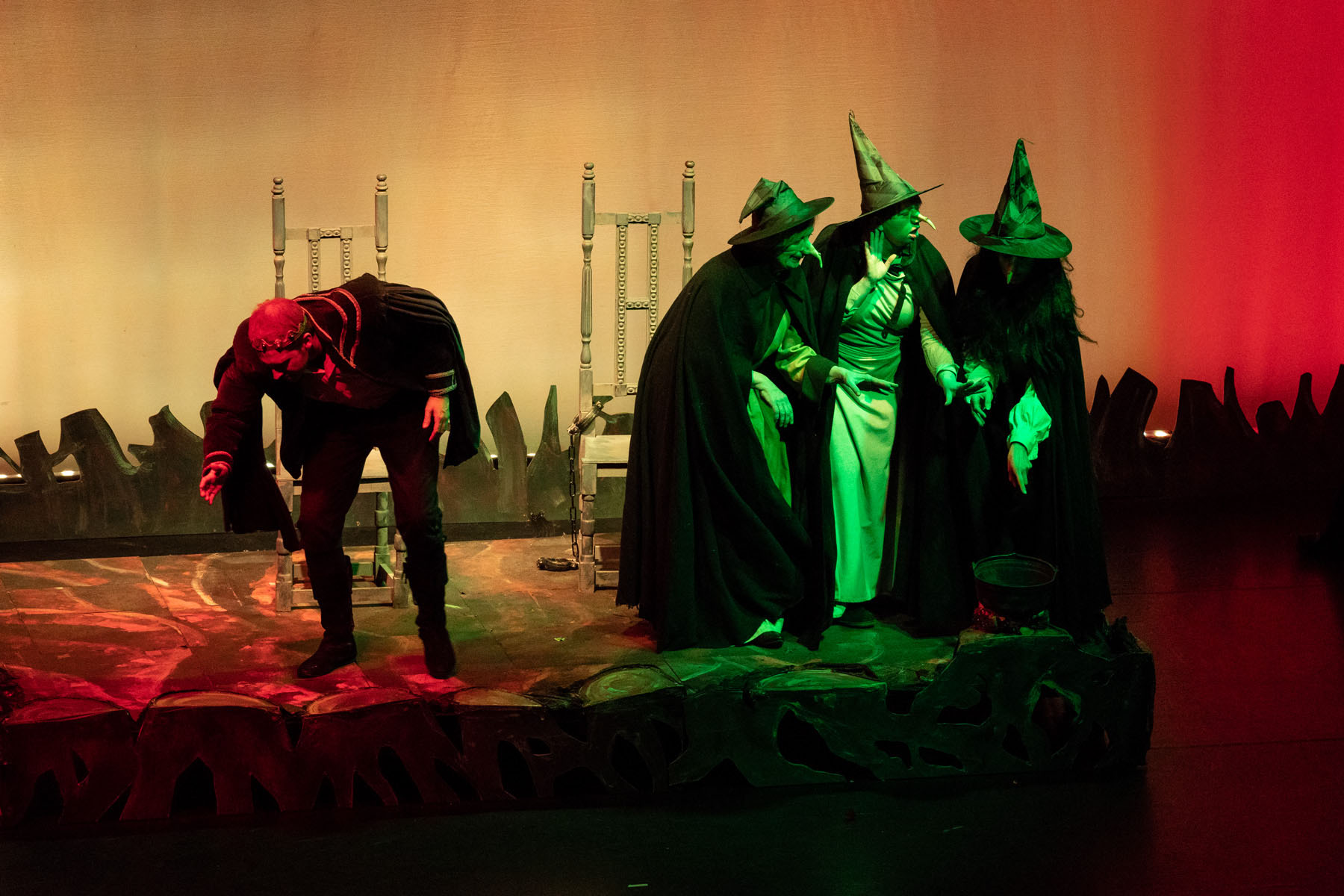


The same root is also found in * weorþ, with the notion of 'origin' or ' worth' both in the sense of 'connotation, price, value' and 'affiliation, identity, esteem, honour and dignity'. The Proto-Indo-European root is * wert- meaning 'to twist', which is related to Latin vertere 'turning, rotating', and in Proto-Germanic is * werþan- with a meaning 'to come to pass, to become, to be due'. Wyrd has cognates in Old Saxon wurd, Old High German wurt, Old Norse urðr, Dutch worden (to become), and German werden. The Old English term wyrd derives from a Proto-Germanic term * wurđíz. The word also appears in the name of the well where the Norns meet, Urðarbrunnr. The cognate term to wyrd in Old Norse is urðr, with a similar meaning, but also personified as a deity: Urðr (anglicized as Urd), one of the Norns in Norse mythology. The word is ancestral to Modern English weird, whose meaning has drifted towards an adjectival use with a more general sense of " supernatural" or " uncanny", or simply "unexpected". Wyrd is a concept in Anglo-Saxon culture roughly corresponding to fate or personal destiny.

Poster for the Norwegian magazine Urd by Andreas Bloch and Olaf Krohn


 0 kommentar(er)
0 kommentar(er)
